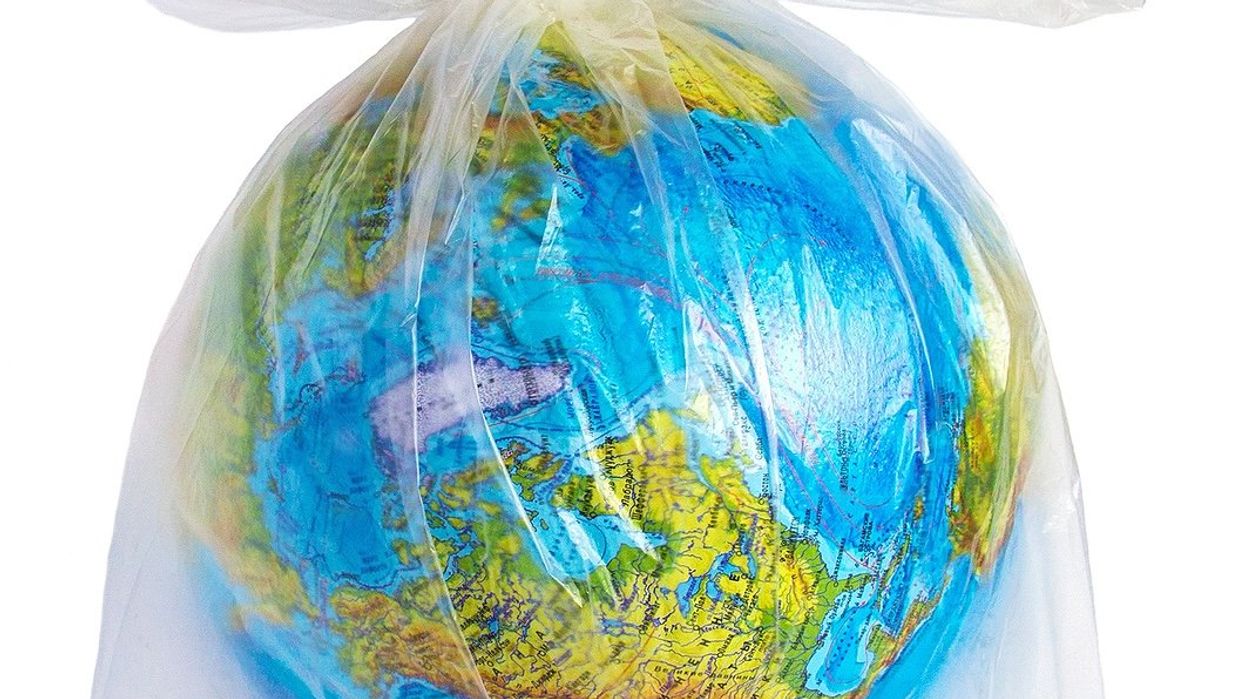Environmental and Indigenous leaders are pushing for a strong, legally binding treaty to curb plastic pollution, as United Nations negotiations in Geneva near their conclusion.
Jennifer McDermott reports for the Associated Press.
In short:
- Environmental and Indigenous groups rally outside the UN in Geneva, calling for a robust treaty to tackle plastic pollution.
- The key issue centers on whether to limit plastic production or focus on recycling and reuse.
- Some nations, like Panama, are pushing for caps on plastic production, while oil-producing countries resist such measures.
Key quote:
“We need people outside of here to tell their countries to speak up for what it is that they’re standing for. Are they standing for them, their citizens, or big oil?””
— Juan Carlos Monterrey Gomez, head of Panama’s delegation
Why this matters:
The outcome of these talks will determine how much progress the world can make in curbing plastic production and its harmful effects on ecosystems and human health. Should the focus be on reducing plastic production, or will the world double down on recycling and reuse? This treaty is critical for public health — the chemicals used in plastic production and plastic recycling have been linked to a slew of health problems, from hormonal disruption to cancer. The final push is now, and the world is waiting for a resolution that doesn’t just clean up the current mess but slows its growth.
Read more:
- A stalled global plastic treaty threatens our future fertility
- A plastic recipe for societal suicide
- Environmental justice advocates criticize lack of inclusion in plastic treaty negotiations
- DuPont letter shows plastics industry dismissed recycling as viable solution in 1974
- What is chemical recycling?
















